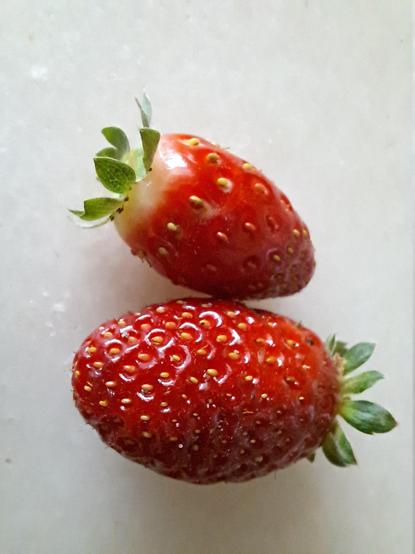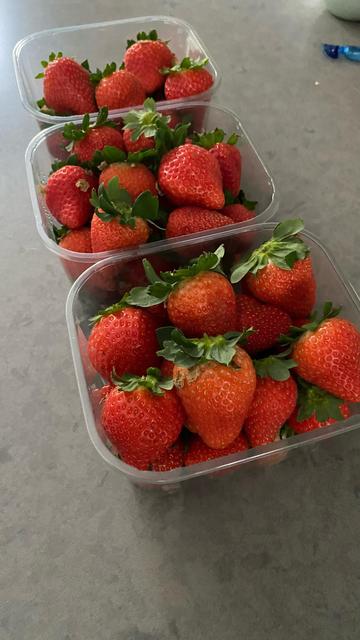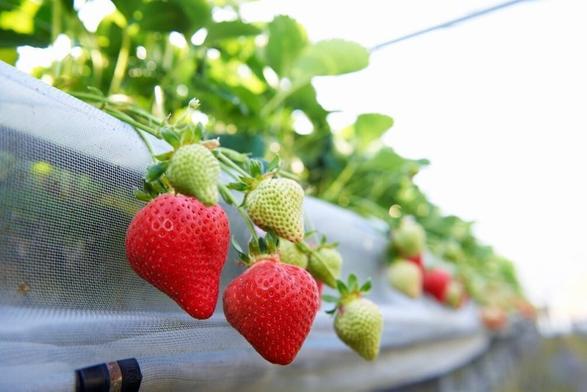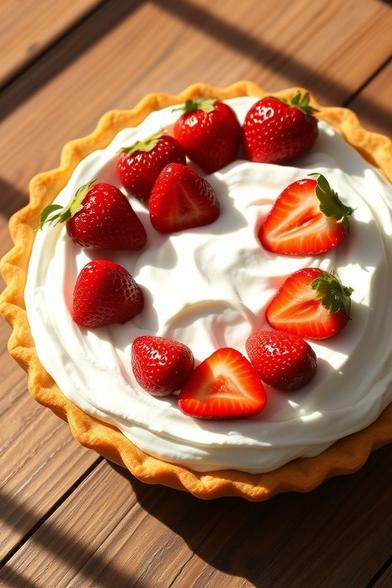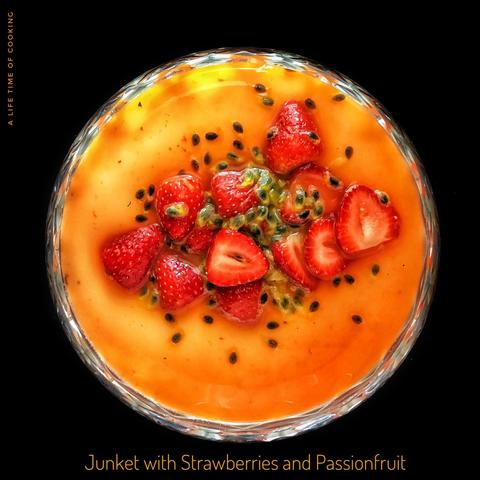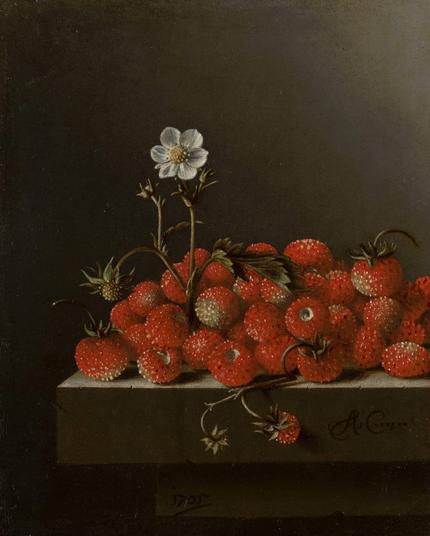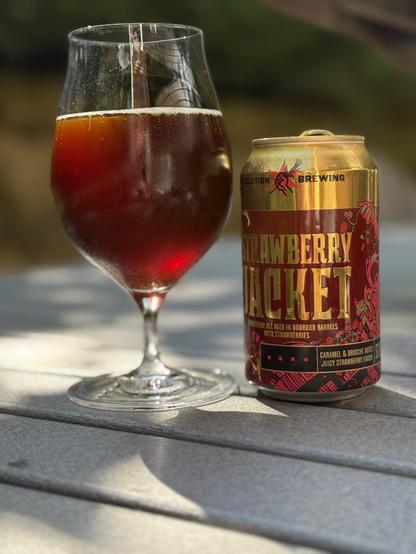Junket and macerated strawberries and passionfruit
Passionfruit used to be quintessentially Australian, appearing on a lot of desserts, particularly pavlova. And OH!! Passionfruit tart was amazing. I think a lot of houses had a passionfruit vine as they are fast growers and prolific bearers.
But you hardly see them these days, & they are more expensive than you want to pay, often over $1AU each.
Junket too was a popular quick & cheap dessert but almost unknown today.
🍓 The fruit on this #junket is macerated. In food preparation, maceration most often occurs when soaking fruit in sugar, perhaps with a liquid such as fruit juice, alcohol or other flavoured liquid, so that the fruit softens and takes on the flavour.
🍓 Maceration changes a fruit’s taste & texture. It is used to improve the texture of hard, under-ripe fresh fruit and also to enhance the flavour of ripe fruit. When fruit is macerated, it also releases some of its flavours and also aroma and becomes something quite different – a complex mix of the various flavours and textures.
🍓 Here, #strawberries and #passionfruit release their own juice into a wonderfully delicious mix that provides its own liquid. But you can also add liquors, liqueurs, wine, fruit juice, vinegars, or infused water. And any of these can be infused with flavourings such as spices, herbs, tea, or coffee. Alcohol can include gin, vodka, whisky, brandy, rum. Flavourings also include vanilla bean, chilli, basil, lemon thyme, fresh ginger, cinnamon, black pepper, whole cloves etc.
🍓 The soft fruit & liquid combo has many uses: a tasty dessert on its own topped with a dollop of whipped cream or sweetened yoghurt; a sauce for ice cream, pudding or cake; or a filling for pie or cake.
🍓 Delicate fruit like strawberries & raspberries can over-soften, so maceration time is best from 30 mins to a couple of hours – tougher fruits can be macerated overnight and up to 2 or 3 days.
#FromTheArchives #FromTheKitchen #food #Dessert

